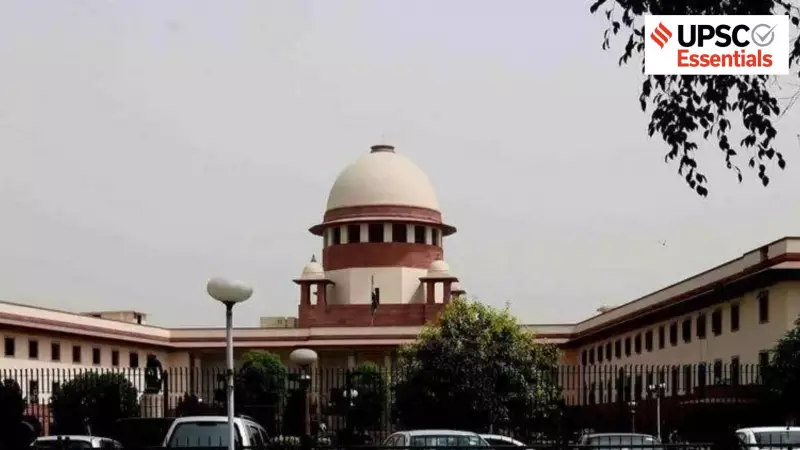
The intricate relationship between law and morality represents one of the most challenging aspects of constitutional governance, particularly when addressing deeply divisive issues like abortion and euthanasia. At the heart of resolving these complex questions lies the concept of constitutional morality, which elevates the Constitution from a mere legal document to the moral foundation governing our polity.
The Foundation of Constitutional Morality
Constitutional morality extends beyond strict adherence to the written text of the law, embracing the spirit that implicitly underpins the Constitution. As Dr. B R Ambedkar emphasized, constitutional morality must be carefully cultivated and nurtured. This concept encompasses unwritten conventions that have evolved over time, transforming the Constitution into a living document that adapts to changing societal needs while maintaining its core principles.
The development of constitutional morality creates what scholars describe as constitutional patriotism—a deep attachment to the constitutional framework that guides both governance and citizenship. In common law systems like India's, this evolution occurs gradually through judicial precedent, where landmark judgments incrementally build upon existing legal principles.
Philosophical Perspectives on Law and Morality
The connection between law and morality has been examined through various philosophical traditions. Natural law theory, represented by thinkers from Thomas Aquinas to John Finnis, maintains that law derives from universal moral principles. This perspective experienced revival following the adoption of the Universal Declaration of Human Rights in 1948.
In contrast, legal positivism, developed by Jeremy Bentham and John Austin, separates law from morality, focusing instead on law as the command of the sovereign. The 20th century saw this tradition continue through philosophers like H.L.A. Hart and Joseph Raz, though divisions emerged between hard positivists who completely separate law from morality and soft positivists who allow some moral considerations.
Judicial Interpretation and Difficult Questions
American legal philosopher Ronald Dworkin significantly advanced this discourse by arguing that law represents a continuous interpretive process with inherent moral dimensions. Dworkin compared judicial interpretation to literary criticism, where judges contribute new chapters to an ongoing legal narrative.
This approach becomes particularly crucial when addressing legally and morally complex issues such as abortion, euthanasia, and privacy rights. Dworkin contended that even the most challenging legal questions can be resolved using existing legal resources and principles, thereby preventing arbitrary decisions and legal gaps.
Landmark Judgments Shaping Constitutional Morality
Several landmark cases demonstrate constitutional morality in action. The 1973 Kesavananda Bharati case established the basic structure doctrine, preventing Parliament from altering the Constitution's fundamental framework. Though not explicitly mentioning constitutional morality, this judgment fundamentally shaped India's constitutional ethos.
More recently, the 2017 Puttuswamy judgment recognized privacy as a fundamental right, demonstrating constitutional morality's role in protecting individual dignity from state intrusion. The court affirmed that constitutional morality often serves to safeguard individual rights against majoritarian moral demands.
Globally, debates surrounding cases like Roe v. Wade in the United States highlight how constitutional morality addresses questions about fetal life versus bodily autonomy. These complex issues demonstrate the ongoing tension between legal principles and moral convictions in constitutional democracies.
As societies evolve, constitutional morality continues to develop through judicial interpretation and societal engagement, reflecting the dynamic relationship between law, morality, and social change. This evolving framework ensures that the Constitution remains relevant while upholding its foundational values.





